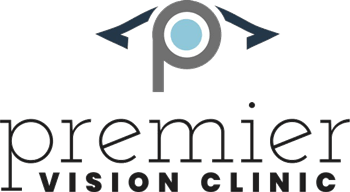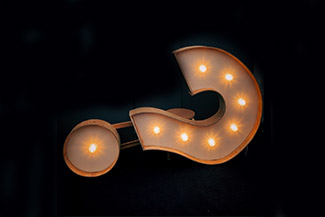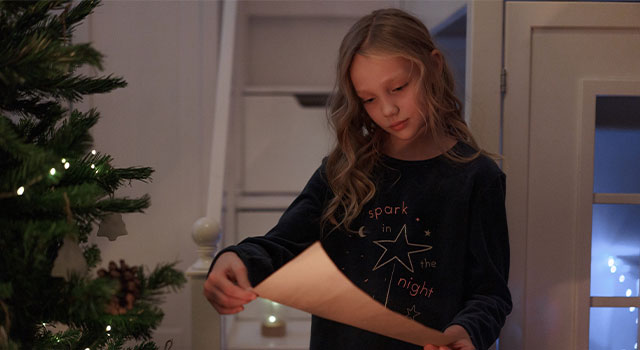Delving into the Causes of Myopia
Myopia occurs when the eyeball is too long or the cornea—the eye's outer layer—is too curved. This structural irregularity causes light rays to focus in front of the retina, blurring distant vision. Typical symptoms of myopia include:
Blurred Vision: Struggling to see distant objects clearly, essential for tasks like classroom learning.
Sitting Close to Screens: Children with myopia often sit unusually close to televisions or bring digital devices near their eyes to see clearly.
Squinting: Frequently squinting to see distant objects is a common symptom, as it may temporarily sharpen vision by reducing the eye's exposure to light.
Eyestrain: Discomfort or fatigue in the eyes, often after prolonged reading or screen use.
Headaches: Frequent headaches from the strain of trying to focus on blurred images.
Risk Factors for Developing Myopia
Several factors increase the risk of developing myopia, including:
Genetics: There is a higher likelihood if one or both parents are myopic.
Environmental Influences: Limited outdoor activity and excessive close work like reading or using digital devices.
Age of Onset: Typically begins in school-aged children and progresses until the late teens or early adulthood.
Myopia Treatment in Clive
At Premier Vision Clinic, we aim to help slow or halt myopia’s progression through advanced management strategies. These strategies are essential, as higher degrees of myopia significantly increase the risk of severe eye diseases like glaucoma and macular degeneration.
MiSight Soft Contact Lenses: Daily Wear for Myopia Control
MiSight soft contact lenses, developed by CooperVision, represent a breakthrough in myopia control for children. These are the only FDA-approved contact lenses designed to slow myopia progression in children aged 8 to 12 at the start of treatment. MiSight lenses are worn during the day and discarded nightly, offering a convenient and effective alternative to glasses.
Ortho-K: Nightly Vision Correction
Orthokeratology, commonly known as ortho-k or corneal refractive therapy (CRT), is a non-surgical approach to improving vision through specially designed contact lenses. These lenses are worn overnight and temporarily reshape the cornea—the eye’s front surface—to correct mild to moderate nearsightedness.
Atropine Eye Drops: Non-Invasive Myopia Management
Atropine eye drops are another effective tool in the arsenal against myopia progression. They utilize a very low-dose formulation to minimize side effects while effectively slowing the development of myopia. Although not yet FDA-approved for myopia control in the U.S., atropine therapy is widely recognized for its benefits based on substantial clinical research.










